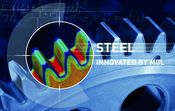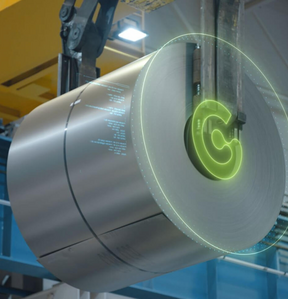
Physics Meets AI for the CO2-reduced Manufacturing of Steel Products
The manufacturing of high-quality steel products with customized properties and a reduced CO2 footprint is possible through the use of physically informed artificial intelligence.
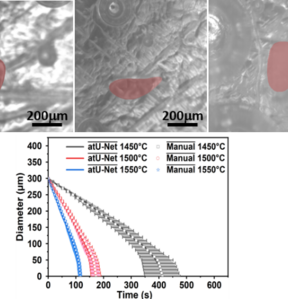
Deep Learning for Refractory Materials
A deep learning-based approach enabling the automated evaluation of the particle dissolution rate with high precision.

Predictive Modeling of Strength in High Entropy Alloys
Computational design of alloys can reduce cost of advanced materials development
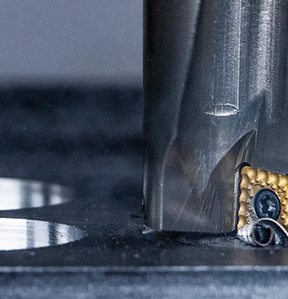
Tool Condition Monitoring for Drilling Tools for Better Productivity and Process Reliability
Real-time diagnosis of damage via sensor data analyses during on-going production operations enables major increase in efficiency.
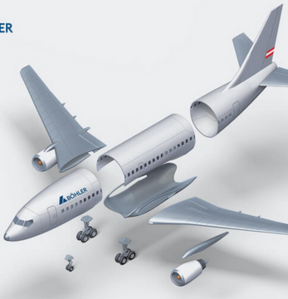
Prediction of Decisive Material Properties of Aircraft Components
MCL is developing a model network that predicts spatially resolved fracture toughness and strength in the aircraft component.

Use of Probabilistic Programming Languages for Material Models
Researchers at MCL and TU Wien use new programming languages to make material models more meaningful.
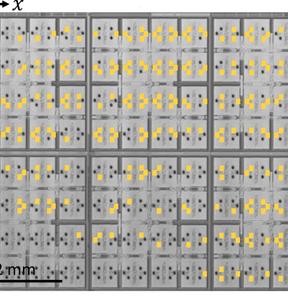
Towards the Zero-defect Management of Through Silicon Vias (TSVs) in the Production Line
Advanced defect localization and classification of TSVs at Wafer Level Using Machine Learning Methods.



















